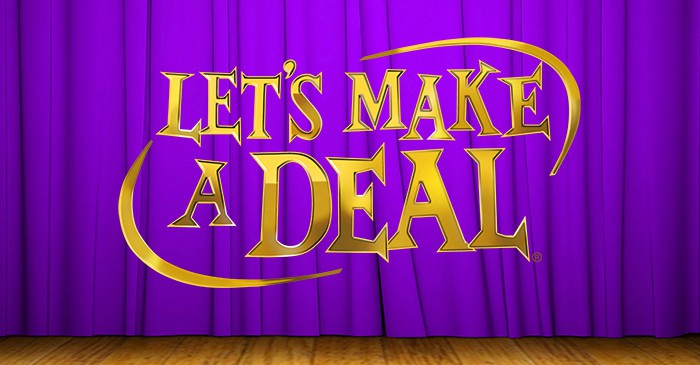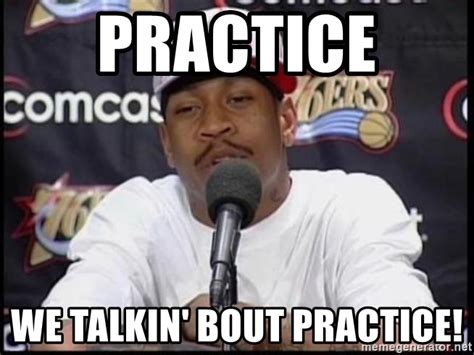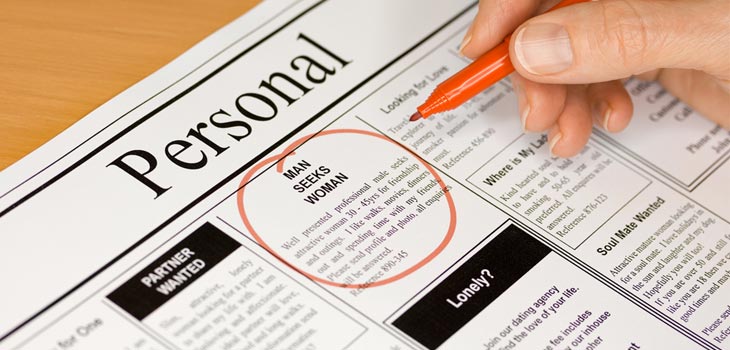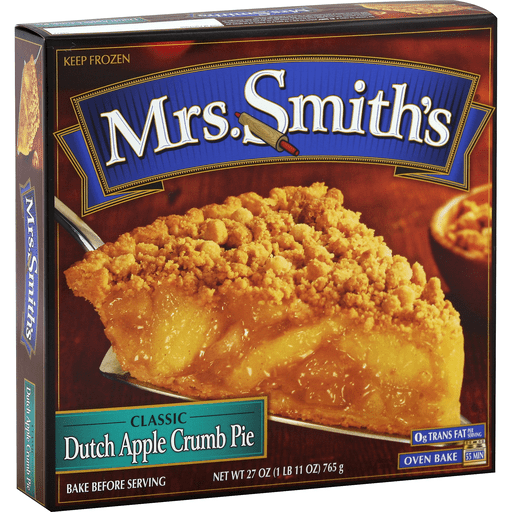Statistics’ Murky Ethical History
A look back into the historical origins of statistics reveals surprising links to Nazis and eugenics. Check out Aubrey Clayton’s article “How Eugenics Shaped Statistics“ It’s an interesting look at statistics’ historical roots and how it’s tied to modern controversies “It’s no coincidence that the method of significance testing and the reputations of the people […]
Statistics’ Murky Ethical History Read More »











